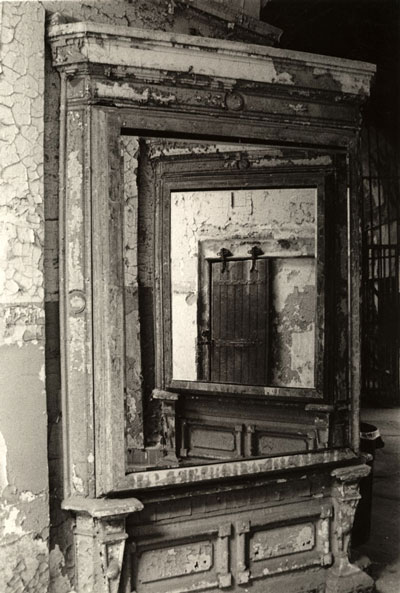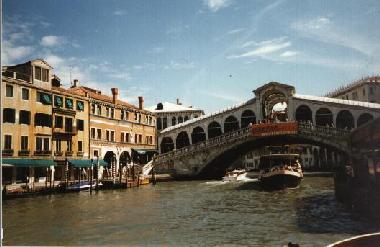Questions, ideas, notes for discussion:
- I am hoping that we will continue our productive discussion on the formation of social space/place/landscapes this week, with further elaboration in the light of Lefebvre and Bourdieu. I am more and more inclined to see that the discourse around s[pace can be much more soundly constructed with the help of
- Merleau-Ponty's concept of the bodily perception of the world,
- Lefebvre's understanding of the space as a socially produced product, qualified by the material performances of the spatial body in the form of gestures, traces and marks,
- Bourdieu's practices, specifically practices that configure everyday and social spaces.
- In "Of Other Places" Michel Foucault has an interesting section on mirrors as a metaphor for heterotopic space (Compare to Lefebvre 183-185- mirror metaphor):
- " The mirror is, after all, a utopia, since it is a placeless place. In the mirror, I see myself there where I am not, in an unreal, virtual space that opens up behind the surface; I am over there, there where I am not, a sort of shadow that gives my own visibility to myself, that enables me to see myself there where I am absent: such is the utopia of the mirror. But it is also a heterotopia in so far as the mirror does exist in reality, where it exerts a sort of counteraction on the position that I occupy. From the standpoint of the mirror I discover my absence from the place where I am since I see myself over there. Starting from this gaze that is, as it were, directed toward me, from the ground of this virtual space that is on the other side of the glass, I come back toward myself; I begin again to direct my eyes toward myself and to reconstitute myself there where I am. The mirror functions as a heterotopia in this respect: it makes this place that I occupy at the moment when I look at myself in the glass at once absolutely real, connected with all the space that surrounds it, and absolutely unreal, since in order to be perceived it has to pass through this virtual point which is over there."
http://foucault.info/documents/heteroTopia/foucault.heteroTopia.en.html
- Tourism (in Venice) as a representational perception of space/urban landscape (suspension of disbelief). According to Lefebvre (189), the tourist who is glued to the seductive historicity of the urban landscape which presents itself as a spectacle, has a delusion of being a participant in the city. What does his Japanese camera miss when he takes pictures of the streets?
[image:452529]
- Lefebvre (195) writes "The spatial body's material character derives from space, from the energy that is deployed and put to use there." What is the nature of this energy he is talking about? I was wondering whether, following Bourdieu, we should be replacing Lefebvre's "deployed energy" with "practice" as the body's occupation with space is not quantifiable or abstract but very material and culturally specific: gestures, habits, performances, residue-leaving practices, poetic/political discourse/collective imagination, commemoration, everyday practices, spactacles, ceremonies, and the like... can we come up with an understanding of spatial(izing) practices?
- Lefebvre (210) once again makes me happy: "But ideologies do not produce space: rather they are in space, and of it. It is the forces of production and the relations of production that produce social space". What are these relations of production?
- Bourdieu (53)'s famous definition of habitus: if we can unpack this, we should be all set: habitus, systems of durable, transposable dispositions, structured structures predisposed to function as structuring structures, that is, as principles which generate and organize practices and representations that can be objectively adapted to their outcomes without presupposing a consious aiming at ends or express mastery of the operations necessary in order to attain them." Case studies? Paradigms?.
http://archaeography.com/photoblog/archives/2006/08/panopticon_the_eastern_state_p_2.shtml


